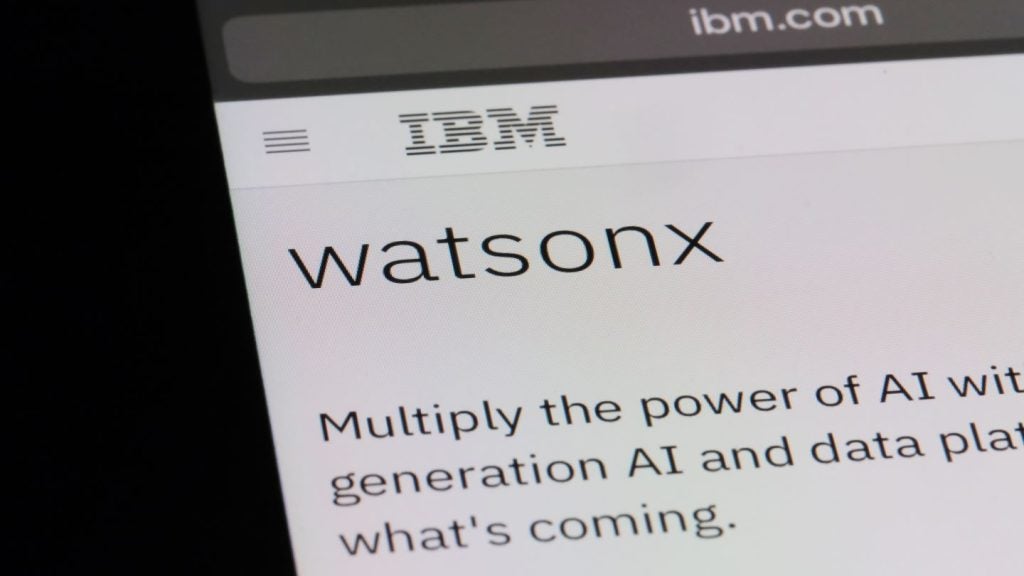Virgin Orbit filed for Chapter 11 bankruptcy protection earlier this month, demonstrating that even the most well-known brands are not guaranteed to succeed in the space economy.
The company was plagued with launch delays and suffered from a lack of regular business, which contributed to its eventual demise.
The constant delays may be off-putting for potential players
Virgin Orbit could not mitigate the high rates of failure and risk associated with the space economy. The company had lofty ambitions and was responsible for the first attempt to launch a rocket from UK soil; however, this launch ended in failure. More recently, in April of this year, the SpaceX Starship launch failed due to issues with a pressurant valve on the rocket.
The European Space Agency delayed the launch of its JUICE spacecraft this month too, due to weather. The margins are very thin for the opportunities to launch rockets, so the preparation needs to be perfect. This is extremely difficult considering the complexity of these operations, so delays are very common.
The delay, subsequent failure, and ensuing bankruptcy proceedings have damaged the reputation of what was meant to be a crucial milestone for the UK space industry. Nine satellites were also lost during the failed launch, including four from the US and UK defence agencies. While the satellites were insured, new ones will need to be constructed.
Space Forge was a company that lost a flight on the mission and in the aftermath complained about delays in the regulation of its launch impacting its competitiveness. This damages the reputation of the UK’s space economy, which will impact the levels of inward investment. As a result, private companies could start to look elsewhere for a safer, more established launch environment, like the US. The significant regulatory hurdles have proven to be a challenge to navigate, even for the biggest names in the business, prompting questions about how safe investing in the space economy is.
How well do you really know your competitors?
Access the most comprehensive Company Profiles on the market, powered by GlobalData. Save hours of research. Gain competitive edge.

Thank you!
Your download email will arrive shortly
Not ready to buy yet? Download a free sample
We are confident about the unique quality of our Company Profiles. However, we want you to make the most beneficial decision for your business, so we offer a free sample that you can download by submitting the below form
By GlobalDataVirgin Orbit failed to tap into the growing small satellite launch market
In the early stages of the development of the space economy, the sectors that help to answer problems on Earth will be the most successful. Virgin Orbit focused on these issues; the Prometheus-2 satellites would have provided a platform for GPS (global positioning system). Virgin Orbit’s launches had the potential to happen at short notice, which would be very useful for military use, especially in the current tense geopolitical environment. The delay and failures showed that the launches could not be relied upon. Frequency was also an issue for the company as they only made six flights in three years, and only four were successful, with the most recent ‘Start Me Up’ launch proving to be the final straw.
As interest rates are continuing to increase all over the world, capital has been harder to access for most industries, let alone the space economy which is an industry fraught with risks. Virgin Orbit’s collapse can be explained by the frequent delays, lack of launches, and a growingly difficult interest rate environment to navigate.
While Virgin Orbit had bold intentions, companies will be more likely to go to the US who have a track record in successful launches. The small satellite launch market proved to be a step too far for Virgin Orbit.








